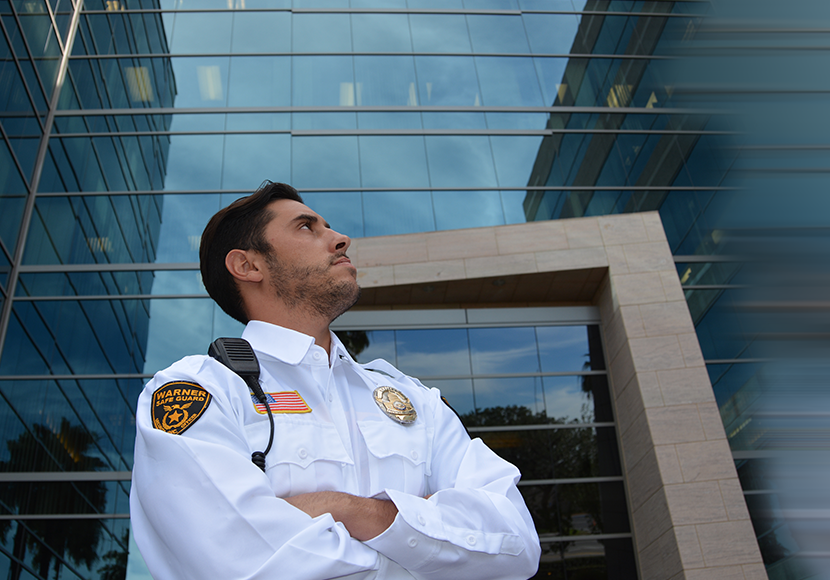Security guards are on the frontline of risk every single day. Across Australia, they play a critical role in protecting people, property, and businesses. From keeping watch over construction sites at night to managing crowds at packed sporting events, from patrolling shopping centres to escorting staff through car parks, the security industry provides essential services that keep communities safe and businesses running smoothly.
But with such responsibility comes significant risk. Security work regularly involves dealing with unpredictable situations – theft, aggressive behaviour, vandalism, accidents, and emergencies. Guards may face allegations of negligence, be accused of using excessive force, or find themselves drawn into disputes where both sides point fingers. When these incidents occur, the financial and legal fallout can be severe. Even a minor claim can cost thousands in legal fees, and a major one has the potential to put a business out of operation.
This is why insurance is not just a safety measure for security guards and companies it is a business necessity. Security guard insurance is designed to protect individuals and firms working in the industry against the very real risks that come with the job. Policies can include liability cover, equipment protection, motor vehicle cover, management liability, workers compensation, and legal expenses insurance. Together, these products form a safety net that ensures guards and their employers can keep working with confidence, even when things go wrong.

